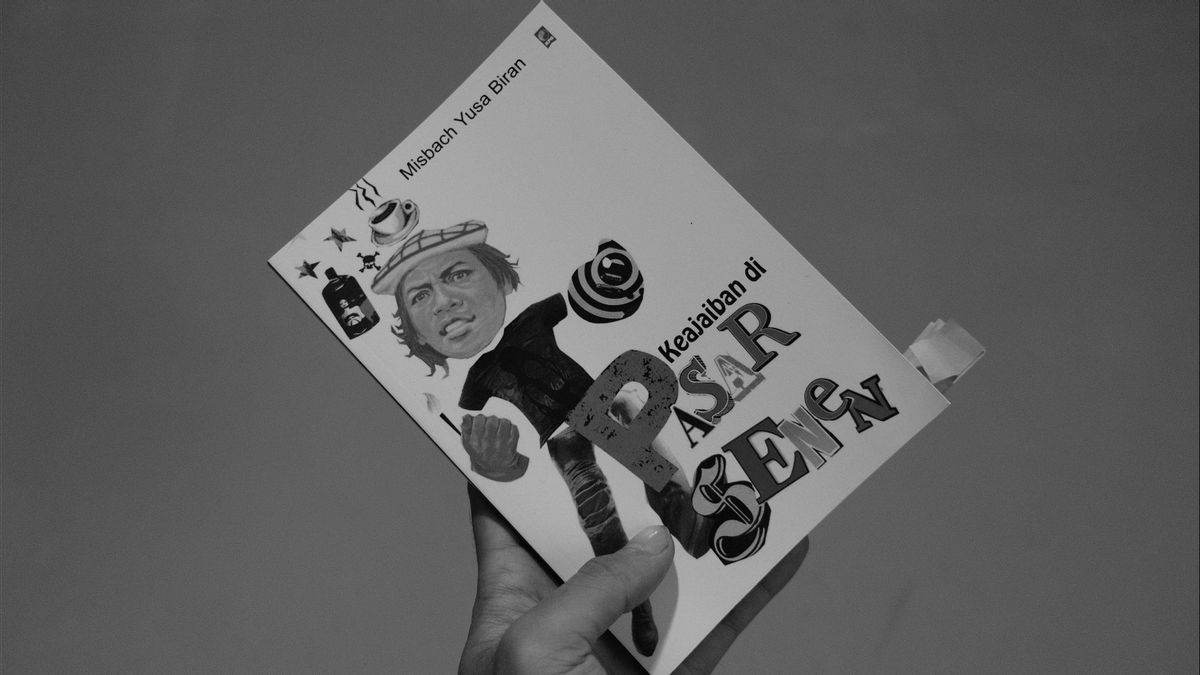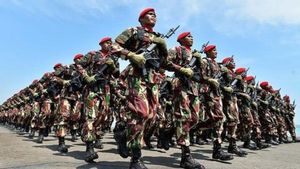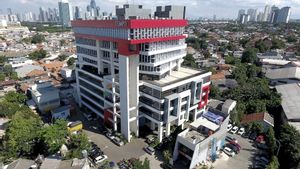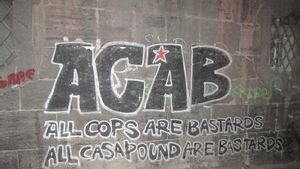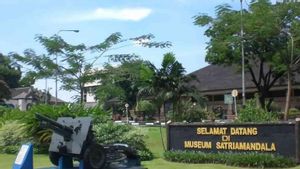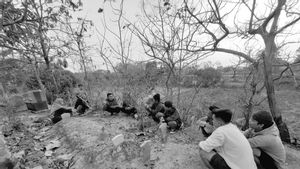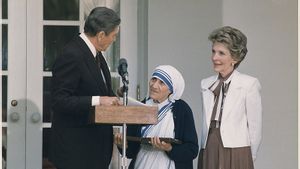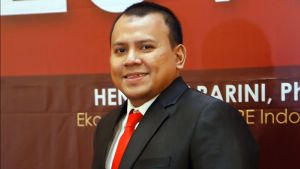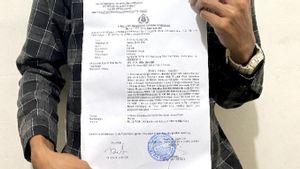JAKARTA – Today's history, 51 years ago, on October 7, 1971, National Film Leader Misbach Yusa Biran released the book Miracolo Senen Raya. The book which became known as the new title Miracle in Pasar Senen (2007) was published by his fellow artist, Ajip Rosidi under Pustaka Jaya Publisher.
The content of the book is no less interesting. Misbach's book does not merely record anecdotes, but also records the long history of a market that became a meeting place for artists. From Chairil Anwar to Soekarno M. Noer. Therefore, the term Seniman Senen (Senen Artists) emerged.
Pasar Senen was once transformed into a gathering place for all kinds of people. From pickpockets to freedom fighters. The passion of Pasar Senen as a place for money circulation is behind it. Everyone wants to be splashed with the benefits of being on Monday.
Freedom fighters, for example. they used Monday as a safe place to gather and look for books in 1930. Every day Pasar Senen was crowded with nationalists. Slowly the magic of Pasar Senen is increasing.
Jakarta's artists began to look to Pasar Senen as a gathering center in the 1940s and 1950s. Artists who stop by every day on Senen are hot shots. Chairil Anwar The Bitch, Soekarno M. Noer, Sjuman Djaya, and Menzano.

These flashy names make the artist label rise to the top. All the young people of Jakarta also flocked to Senen. They feel that the artist's spirit is facilitated. In fact, fake artists were also present. For the sake of association, prestige, and work.
“At that time the tram was still there. The stop is at the west end of Kramatbunder Street. There's a drinking stall there and that's where young artists often gather. Then they were known as: Senen Artists."
“Most of them are active in theater and film like Wahid Chan, A.U. Muscar, Sukarno M. Noor, Ismed M. Noor, Djapoq Lampong, Imlhas Dyz's, and others. However, there are also authors or painters who often gather there, such as Zen Rosdy, Soekanto S.A., A. Wakidjan, S.M. Ardan, and several others,” said writer Ajip Rosidi in the book Lekra Bagian dari PKI (2015).
This phenomenon was recorded by Misbach Yusa Biran. He wrote about his experience of meeting Seniman Senen in Aneka Magazine with humorous spices in 1957-1959. Misbach also made people who pretended to be artists as the main objects of his writings. Which, these people are considered to only pursue the label of artists to cover the soul of unemployment.

His work was liked by many people. Miscbach's colleagues also encouraged him to recompile his work in a book. Ajip Rosidi, who started a publishing business, Pusaka Jaya, offered this opportunity. Misbach agrees. Finally, Miscbach released his legendary book Miracolo Senen Raya on October 7, 1971.
“When in Aneka magazine, the story used as the title of this sketchbook was Miracolo Senen Raya, inspired by the title of the film Miracolo a Milano (Miracle in Milan) by the Italian neo-realist director, Vittorio de Sica. Indeed, in the area of 'power' that was once known as Seniman Senen, miracles occur in the sense of strange, amazing, and at the same time ridiculous."
"How not, there all the time, especially the night until the early morning, gathered artists from various fields, including fake artists. This fake artist is the magic, and is the 95 percent highlighted by H. Misbach Yusa Biran in this book,” explained Cultural Practitioner, S.M. Ardan, in the preface to the book Miracolo Senen Raya.
SEE ALSO:
The English, Chinese, Japanese, Arabic, and French versions are automatically generated by the AI. So there may still be inaccuracies in translating, please always see Indonesian as our main language. (system supported by DigitalSiber.id)
